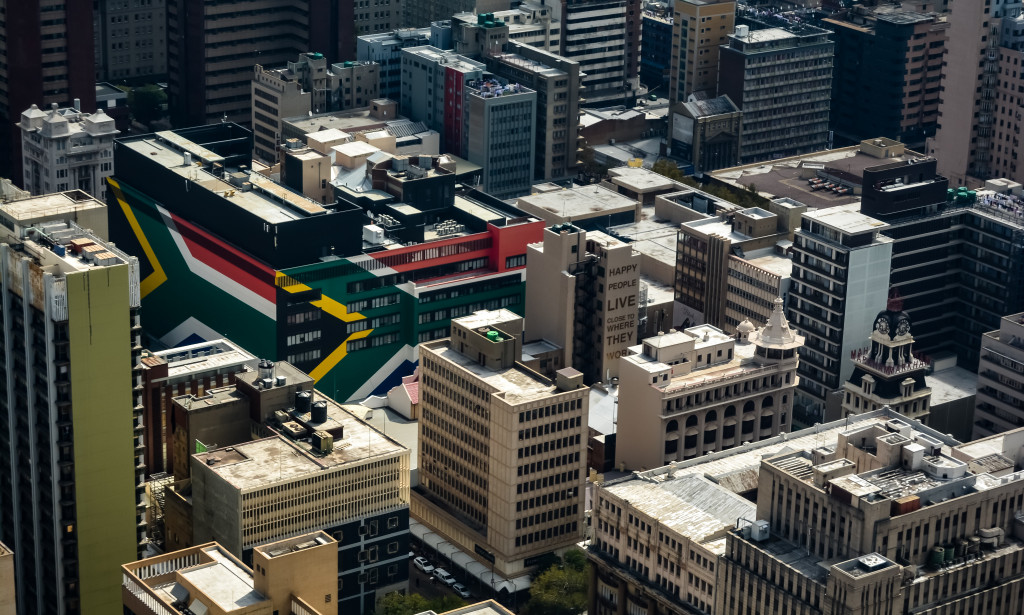Wild expansion is negatively affecting South Africa and other Sub-Saharan nations - however there isn't sufficient monetary space to answer, says the World Bank.
In its most recent Africa Heartbeat report, the World Bank noticed that the vertical pattern of expansion following the pandemic period had been exacerbated by the conflict in Ukraine - taking off to keep highs in numerous nations.
As per the bank, just four of 33 nations in Sub-Saharan Africa recorded expansion beneath 5% in July. South Africa was not one of these, with customer expansion arriving at a top at 7.8%.
In spite of forceful financial strategy utilized in a few nations, expansion has remained determinedly high, said the World Bank. This has constrained buyers in South Africa to take up some slack as food, however fuel costs have become unendurable.
Food expansion advanced to 11.5% in August, with fuel expansion sitting at 43.2%.
The South African Save Bank's Money related Strategy Panel (MPC) climbed loan fees by another 75 premise focuses in September, taking the repo rate to 6.25% per annum. This returned monetary approach to pre-pandemic levels trying to control expansion.
The World Bank detailed that after a half-yearly examination of the close term territorial macroeconomic viewpoint, financial development in Sub-Saharan Africa (SSA) is set to decelerate from 4.1% in 2021 to 3.3% in 2022, a descending modification of 0.3 rate focuses since its report in April.
South Africa's Gross domestic product development standpoint is far beneath the provincial viewpoint, with the SARB extending development of 1.9% for 2022 - down from 2.0% in the July meeting.
The Save Bank is supposed to keep on climbing financing costs notwithstanding expansion being at title levels - over worry that worldwide expansion will persevere, expressed business analysts from Energy Interests in the most recent Monetary Viewpoint for October.
The gathering estimates title expansion of beneath 7% this year however closer to 5% in 2023.
No cash to fix it
"The monetary space to mount viable reactions today is gone on account of elevated degrees of obligation across Sub-Saharan African nations, rising getting costs, and drained public reserve funds," said the World Bank.
Nations frontloaded backing to the most weak sections of the populace during the pandemic - growing the locale's essential deficiency.
"Subsequently, obligation, which was at that point ascending beginning around 2011, bounced further and is projected to stay raised at 59.5 % of Gross domestic product in 2022. The combination endeavors to cut down obligation are projected to bring down the essential deficiency marginally to 4.8% of Gross domestic product on normal in the locale."
As per Energy, development in South Africa explicitly is set to ease back to generally 2% this year and decelerate further to 1.5% in 2023.
Because of raised obligation levels and strain on homegrown monetary standards, overhauling obligation in the locale has become progressively hard. The World Bank expressed that there is no indication of huge improvement in the decrease of obligation levels or potentially weaknesses.
The World Bank has hence approached the South African government to direly reestablish macroeconomic soundness and secure, particularly poor people, in sluggish development and a high inflationary market.


Wow
You must be logged in to post a comment.